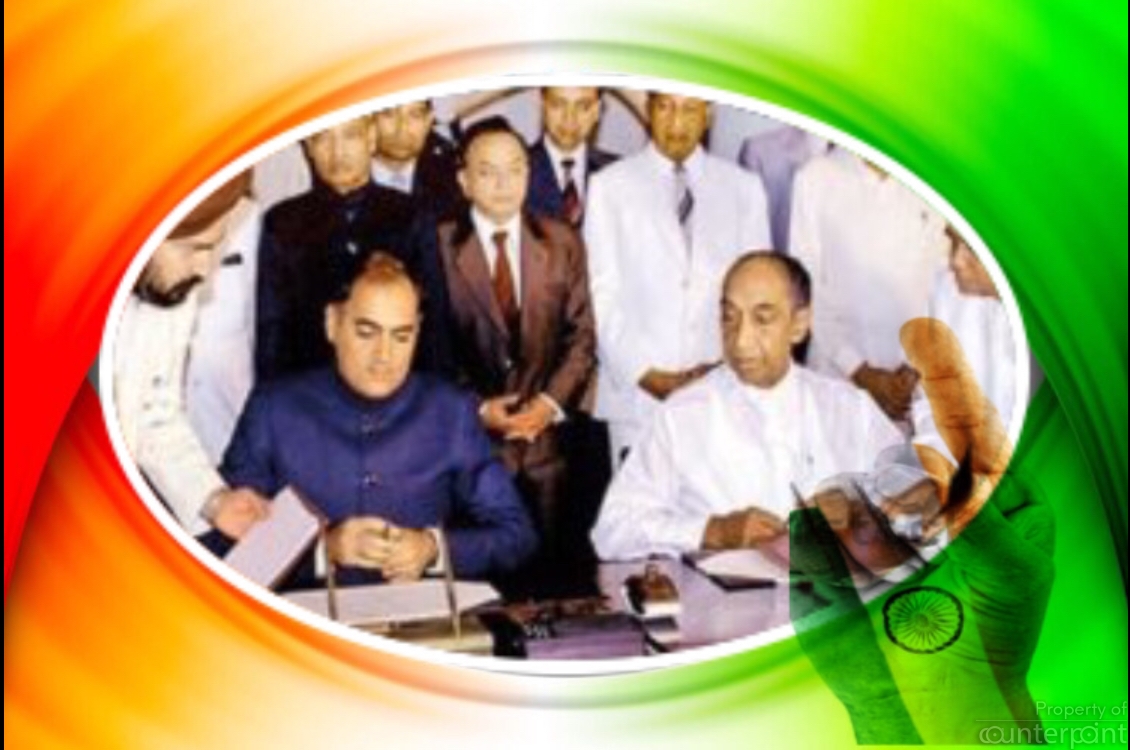Colombo, March 13: The West-led Core Group on Sri Lanka in the UN Human Rights Council (UNHRC) on Thursday went a step further to get India’s support for the tough resolution it is planning to bring against Sri Lanka. It has incorporated India’s demand that Sri Lanka implement in toto, the 13th Amendment of the constitution, which devolves powers to the provinces.
According to DailyFT, the 11 March draft calls on the Government of Sri Lanka to fulfil its commitments on devolution of power, and “respect local governance” by holding Provincial Council Elections and ensuring all Provincial Councils function effectively in accordance with the 13th Amendment. The most recent revision to the paragraph on devolution also makes specific reference to the Northern Provincial Council. The Northern Province is predominantly Tamil.
Significantly, the Indian High Commissioner Gopal Baglay is currently touring the Northern and Eastern Provinces, both with a significant Tamil population. He is meeting local leaders.
India believes that devolution of power under the 13A will pave the way for ethnic reconciliation and strengthen the unity and integrity of Sri Lanka. India’s Representative in the UNHRC Indra Mani Pandey told the council precisely that in February.
India was responding to an apparent move in Sri Lanka to jettison the 13A or do away with devolution of power to the provinces altogether,partly on account of the fact that the 13A is seen as a byproduct of the India-Sri Lanka Accord of 1987 which in turn is seen by Sinhala nationalists as an unbearable Indian imposition.
The revised draft of March 11 was expected to be tabled by end of business in Geneva Friday, ahead of a UNHRC deadline for submission of draft proposals. However, written revisions to the text are possible until March 16.
New Time Table
The revised draft calls on UN High Commissioner for Human Rights Michelle Bachelet to present an oral update on Sri Lanka’s progress on reconciliation and pursuing justice for grave human rights violations in September 2021, followed by a written report in March 2022, one year from now.
Bachelet is expected to deliver a comprehensive update to the Council when the resolution will come up for renewal at the UNHRC’s 51st Session in September 2022.
Data base on Lanka to be used for filing cases
In the 18-month period between the 46th Session of the Council and September 2022, the Office of the High Commissioner for Human Rights (OHCHR) will be mandated to establish a central database of information and evidence of human rights abuses in Sri Lanka that can be used to support international trials in jurisdictions outside the island.
If the resolution is adopted at the end of the current UNHRC session, the OHCHR evidence preservation mechanism on Sri Lanka will have an operating budget of at least $ 2 million and a team of between six to 10 personnel including legal officers, analysts, and victim support officers.
The evidence collection and preservation mechanism led by the OHCHR will be mandated to “develop strategies” for prosecutions against perpetrators of grave rights violations and related crimes in Sri Lanka. These include war-time abuses including enforced disappearances, summary executions and indiscriminate shelling of civilian and humanitarian targets, political murders and enforced disappearances and attacks against journalists.
Withdrawal From Co-Sponsorship
The previous Yahapalanaya administration won temporary reprieve from the prospect of international accountability measures when it co-sponsored a UNHRC resolution in 2015 and 2017. The previous Government pledged to establish local mechanisms with independent experts to seek accountability for serious human rights abuses and alleged war-time atrocities.But virtually none of the promises was kept.Promises followed by prevarication was the order of the day.
After the Gotabaya and Mahinda Rajapaksa came to power in 2019-2020, through Presidential and parliamentary elections, Colombo withdrew from the co-sponsorship saying that the co-sponsored resolution was unconstitutional, intrusive and divisive. The government also completely rejected the prospect of subjecting Lankan war heroes who liberated the country from a ruthless terrorist group to international criminal jurisdiction.
Lankan Foreign Minister Dinesh Gunawardenatold the 46 th.Session twice that the Core Group’ endeavors were baseless, malafide and motivated by geo-political considerations. He repeatedly asked members to reject the resolution outright as such resolutions would be a threat to their own sovereignty and independence.
END





